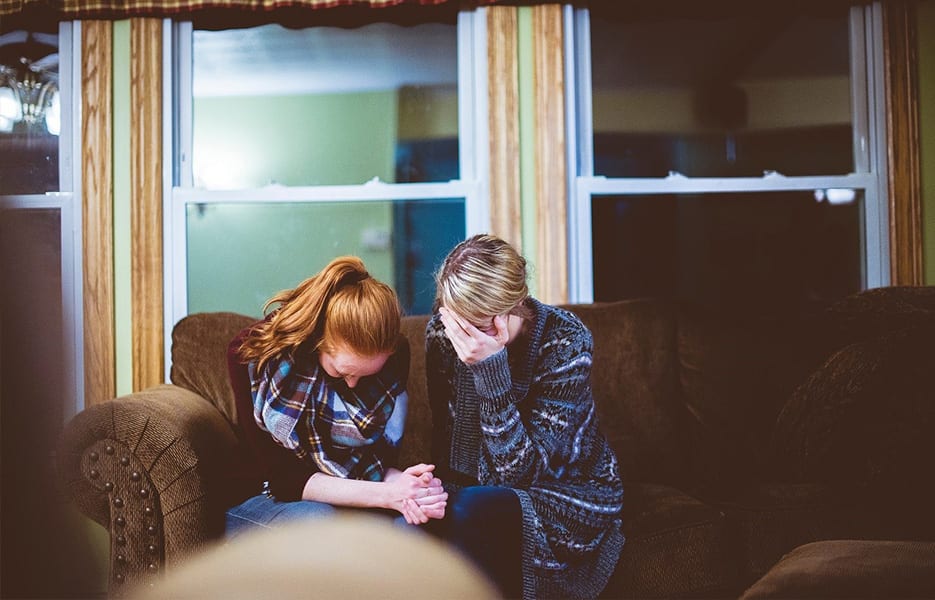Most of us don’t think about getting a will until much later on in life. Research indicates that 38 per cent of adult New Zealanders do not have a will, and around 1,500 people die yearly without one. This is understandable, considering many of us don’t want to think about death until late in life. However, death can cause a number of financial and legal issues affecting people with whom we share close relationships.
The good news is that most of these issues can be settled before the event. This is what wills do. Making a will is very important, no matter your age and, if you don’t have one, you may be putting your family and your loved ones at risk.
Here’s the reality: even death isn’t cheap
In New Zealand, funeral costs average at about $8,000 – $10,000, according to the Citizens Advice Bureau (CAB). This includes procuring a burial plot or cremation fees, embalming, transport fees, venue fees, flowers, notices, and much more. That’s a hefty bill to leave for your family.
In a recent NZ Herald story, widowed Kiwi Amanda Wilton-Skinner, whose husband was killed while driving was left with a mortgage (to pay for by herself) on a house that needed extensive renovations. Not only that, she also had to pay for his funeral costs using the compensation from his work. Thankfully, her employer was generous enough to contribute money toward funeral costs.
Not everyone is prepared or lucky enough for these untimely situations. A will would have made matters much easier and alleviated the financial stress, which added to the emotional stress Amanda must have faced.
Redeeming assets takes time and can be expensive
Because Amanda’s husband didn’t have a will, there was a long and more expensive process for administration of his estate. His life insurance payment, as well as court proceedings, took a year to fully process. Amanda was fortunate to have received an inheritance from her uncle before her husband’s passing, allowing her to renovate their home. Without it, she would have had to sell the house at a reduced value.
Sorting out the deceased’s assets takes time and cost, as there are delays and added costs when applying for letters of administration. If Amanda’s husband had made a will, the will’s executor would have administered the deceased’s estate and property, saving Amanda time, money, and frustration.
Family members or relatives can get into bitter disputes
A will gives you the power to divide your assets however you choose. Without one, default provisions in Section 77 of the Administration Act will dictate how your estate is distributed if you die intestate (without a will). Your assets may not go to people you would like to benefit.
Not having a will can also lead to unexpected consequences for your loved ones, which can cause bitter disputes between family members or relatives. You need to fully outline which assets will go to your spouse or partner, children, parents or relatives. A will also enables you to ensure you’re providing any young children with financial assets for their future, and a legal guardian for them.
Estate planning is essential at any age
“You just never know…when it is your time, it is your time. You have got to protect yourself from the what-ifs.” These are wise words from Wilton-Skinner after all she’s been through, and we completely agree. Here at Gillespie Young Watson, we firmly believe that estate planning and asset protection are essential at any age. This includes drafting a will to ensure your assets including property are protected even in death.
Don’t put it on hold. If you’re looking for professional legal advice and will law experts, contact our team today or ring 0800 GYWLAW.



